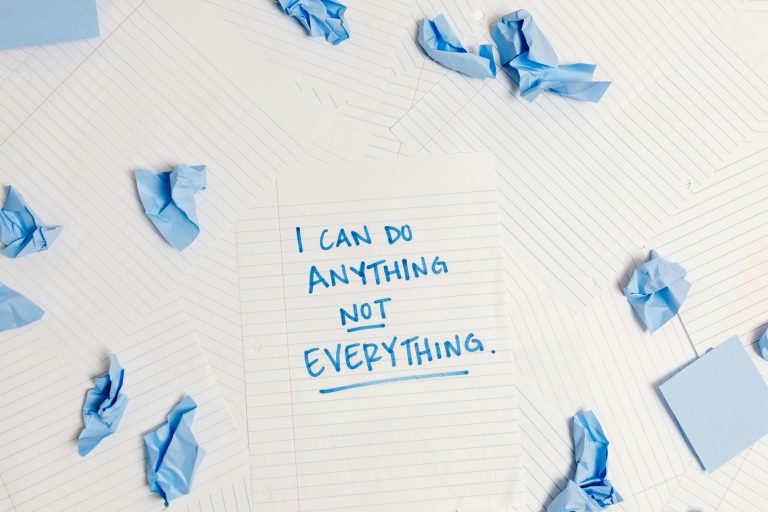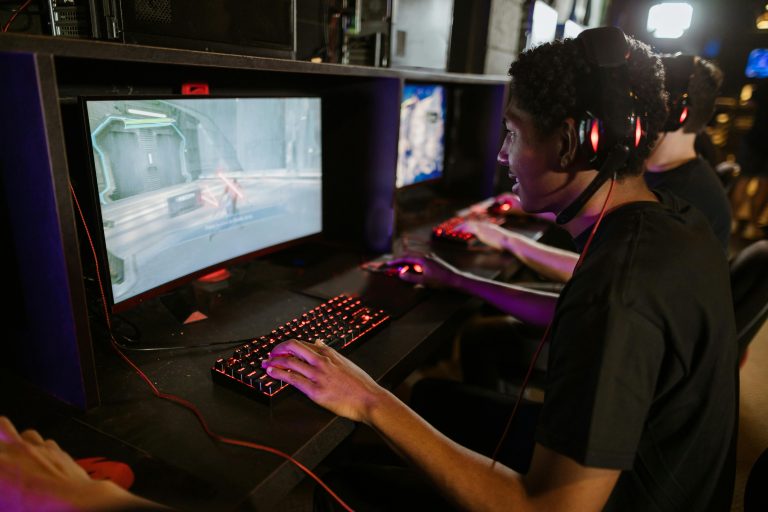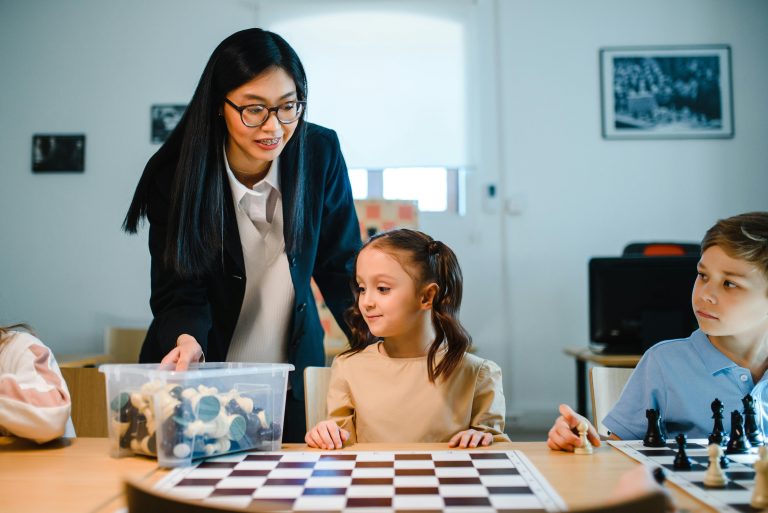
If you were online at all in early 2022, you saw them: the ubiquitous green, yellow, and gray squares. Wordle, the deceptively simple word game created by software engineer Josh Wardle for his partner, became a global obsession almost overnight. It was a rare, unifying piece of internet culture—a daily puzzle that felt both personal and communal as players shared their results without spoilers. Its acquisition by The New York Times for a seven-figure sum was the ultimate validation of its success. But perhaps Wordle’s most enduring legacy isn’t just the game itself, but the incredible ecosystem of spin-offs it inspired. From numbers to music to niche inside jokes, the “Wordle format” has been adapted, twisted, and reimagined, proving that a great idea can be infinitely remixed. Let’s explore how games like Nerdle, Heardle, and a host of others are carrying the torch and taking over the internet.
The Formula for Virality: Why Wordle Worked
To understand why the spin-offs flourished, we first need to break down the magic of the original. Wordle’s success wasn’t an accident; it was a perfect storm of clever game design and user experience choices. It employed scarcity—just one puzzle per day—which created a daily ritual and prevented binge-playing. It fostered a sense of community through the spoiler-free shareable grid, turning a solitary activity into a social event. Its rules were simple to learn but difficult to master, making it accessible to everyone while still challenging dedicated players. Finally, it was free, without ads, and browser-based, removing all barriers to entry. This powerful formula became a blueprint, a ready-made template for innovation that developers and creators were eager to apply to new domains.
Meeting the Demand: A Spin-Off for Every Niche
As Wordle mania peaked, a clear demand emerged: players wanted more. They craved the same daily hit of dopamine but in different flavors. The internet responded with an explosion of spin-offs, each targeting a specific interest or skill set.
Nerdle: The Math Lover’s Dream
For those who found words too fuzzy, along came Nerdle—the game for math enthusiasts. Instead of guessing a five-letter word, players have six tries to guess a valid eight-character mathematical equation (e.g., 12+35=47). Nerdle brilliantly translates the Wordle logic into the language of numbers. It uses color-coded tiles to indicate if a number or symbol is correct and in the right place (purple), correct but in the wrong place (pink), or not in the equation at all (black). It was an instant hit, proving that the core gameplay loop was flexible enough to work far beyond the realm of vocabulary.
Heardle: The Music Guessing Game
Capitalizing on the nostalgia and knowledge of music fans, Heardle took the format into the auditory realm. The game plays a one-second clip of a song’s intro. If you don’t guess it, you can hear another second, and another, up to six tries (or 16 seconds of audio). Its simplicity is genius. It taps into deep musical memory and the thrill of recognizing a favorite song from just a single note. Its success was so pronounced that it was quickly acquired by Spotify, cementing the commercial viability of the Wordle-inspired model.
The Endless Wave of Creativity
The list truly goes on forever. Worldle tests your geography knowledge by showing you the outline of a country. Quordle and Octordle crank up the difficulty by making you solve four or eight Wordles simultaneously. Lewdle filters for only rude words. There are spin-offs for movie quotes, the NBA, Broadway musicals, and even specific fandoms like Lordle of the Rings. This hyper-specialization is key to their appeal; they create communities within communities, offering a unique challenge that feels personally tailored to the player.
What The Future Holds for Daily Puzzle Games
The trajectory of these games mirrors the original. Many begin as passion projects created by independent developers, gain a dedicated following, and are sometimes acquired by larger companies—as seen with Wordle itself and Heardle. The question is, what’s next? We can expect this trend of niche-ification to continue, with games targeting even more specific hobbies and knowledge bases. Furthermore, we might see more games that blend the formula with other genres or incorporate new interactive elements like audio or animation.
The model also presents a fascinating new marketing tool. Brands can create their own themed Wordle-likes to engage their audience in a fun, interactive way that feels less like an advertisement and more like a gift. The challenge for all future spin-offs will be maintaining the purity of the experience—that simple, ad-free, once-a-day magic that made the original so special.
Conclusion: More Than Just a Game
Wordle was more than a puzzle; it was a phenomenon that taught us about how we want to interact online. In an age of endless scrolling and algorithmic feeds, it offered a moment of focused, shared, and voluntary participation. Its legacy is not just the yellow and green squares but the proof that there is a massive appetite for curated, daily digital rituals.
The explosion of Nerdle, Heardle, and countless others is a testament to human creativity and our desire to connect over shared challenges. They have taken a perfect formula and expanded it to celebrate every kind of expertise—from math whizzes to music buffs to geography nerds. In doing so, they have ensured that the simple joy of that daily guess continues to thrive, one specialized puzzle at a time. The internet may constantly chase the next big thing, but sometimes, the best idea is one that can be perfectly adapted for everyone.






